
That Hideous Truth: C.S. Lewis Predicted Technocratic Globalism and Scientific Dictatorship
Who needs Hell when you have Davos?

Who needs Hell when you have Davos?
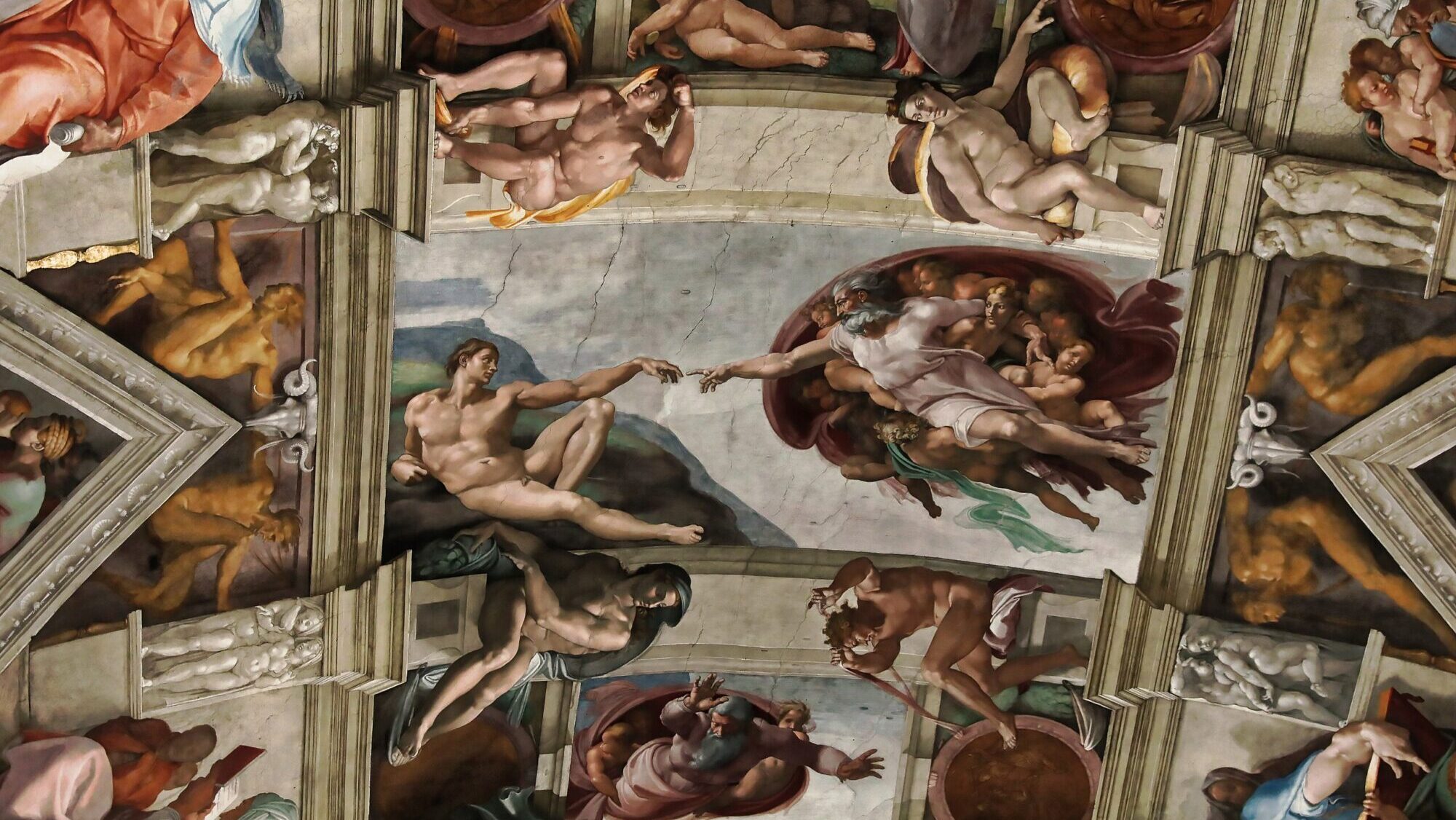
The Inklings expressed interest in ancient mythologies that described the creation of the world through music.
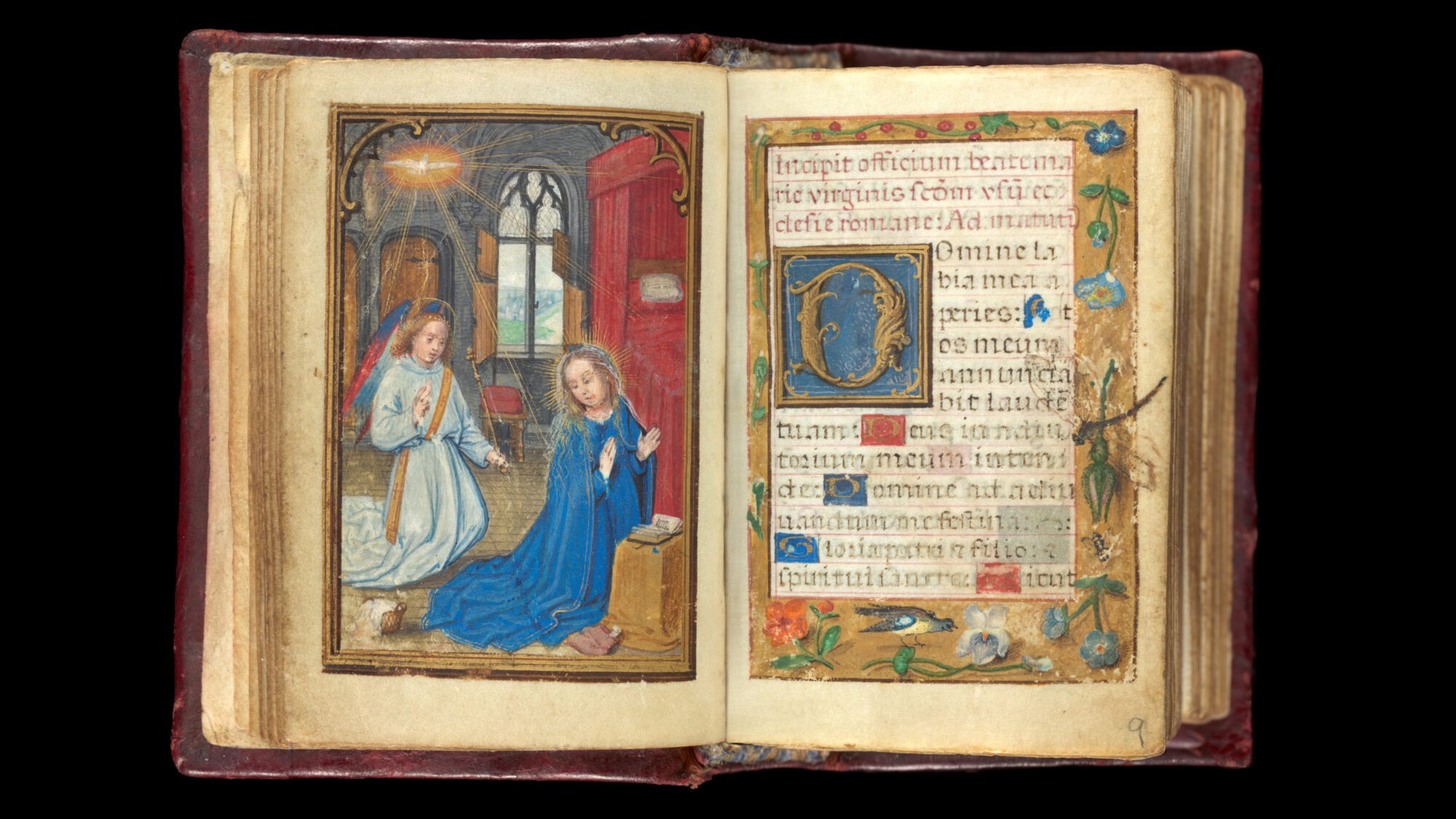
Freedom of religion is about the freedom to seek the truth.

Anti-terrorism preventative unit faces backlash after ludicrous categorization of Christian and conservative classics.
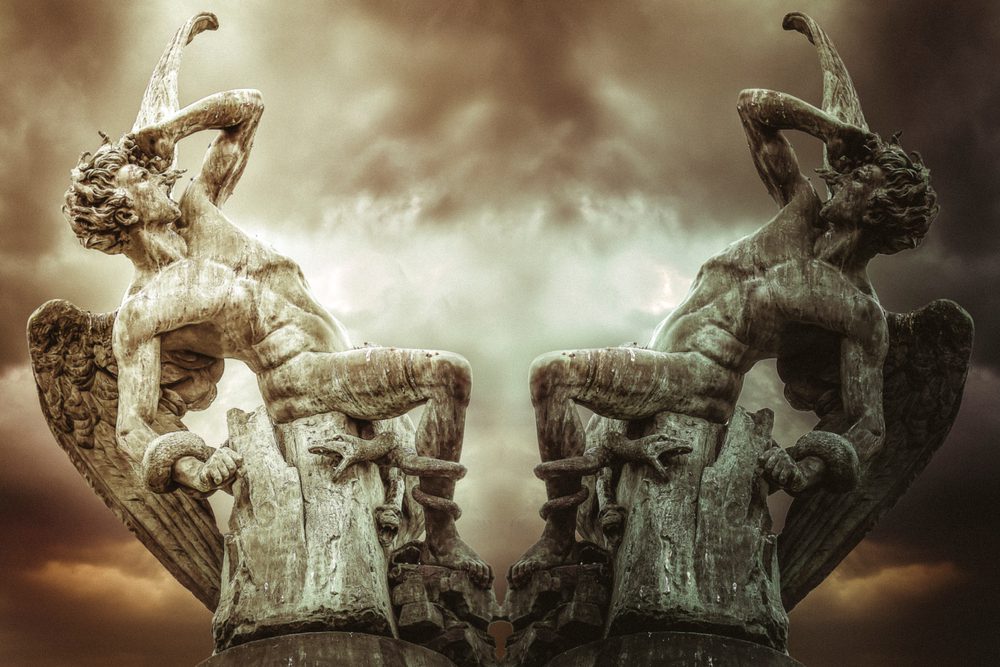
In retracing our steps back from the postmodern precipice, we should remember that evil is not the opposite of good, but its parasite. God’s truth may be highlighted by evil’s un-truth, but never rivalled.
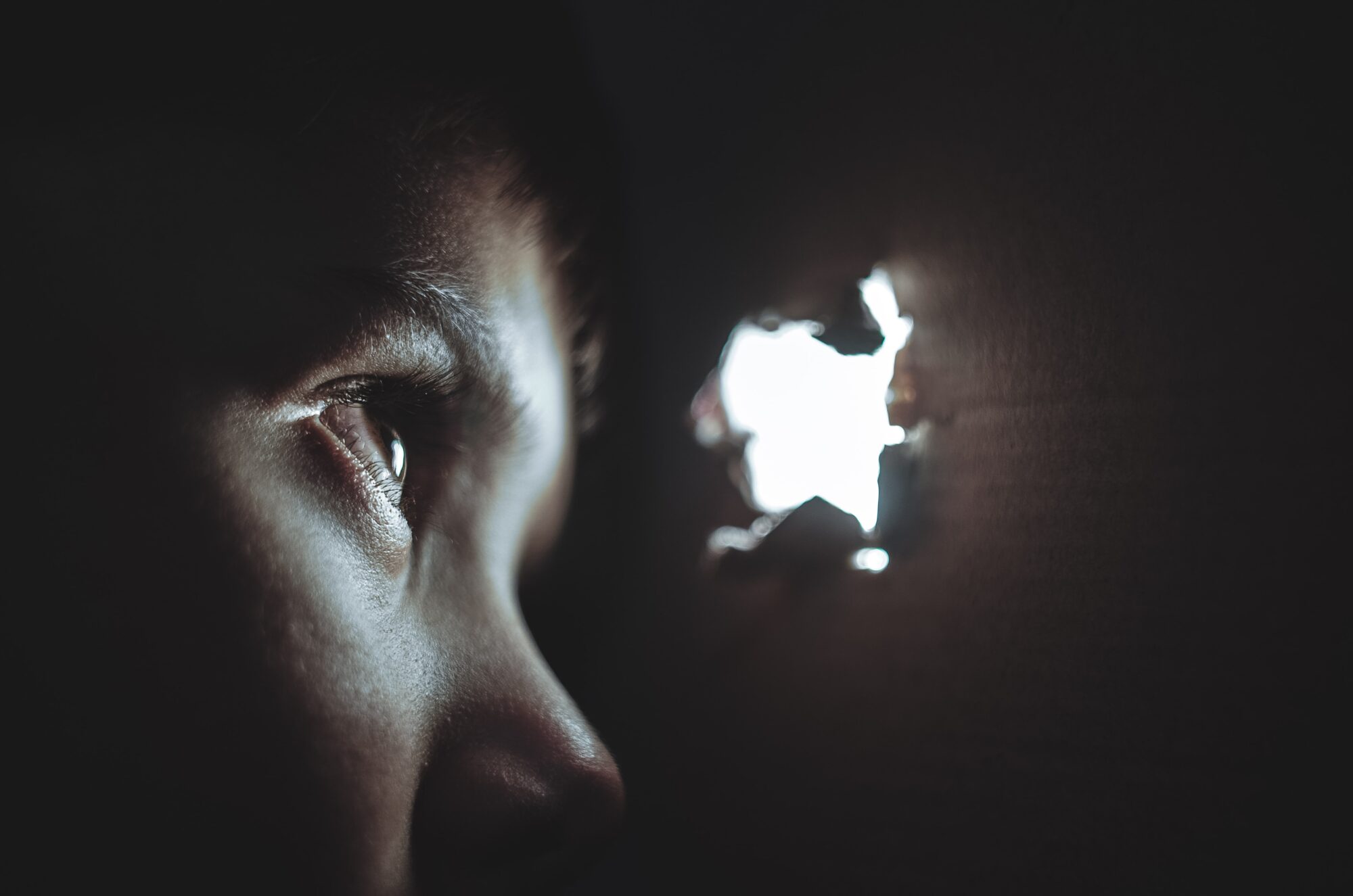
We possess a blindness that impedes our ability to see ourselves as God sees us. To break through this dilemma, we must faithfully seek out what lies just beyond our vista.
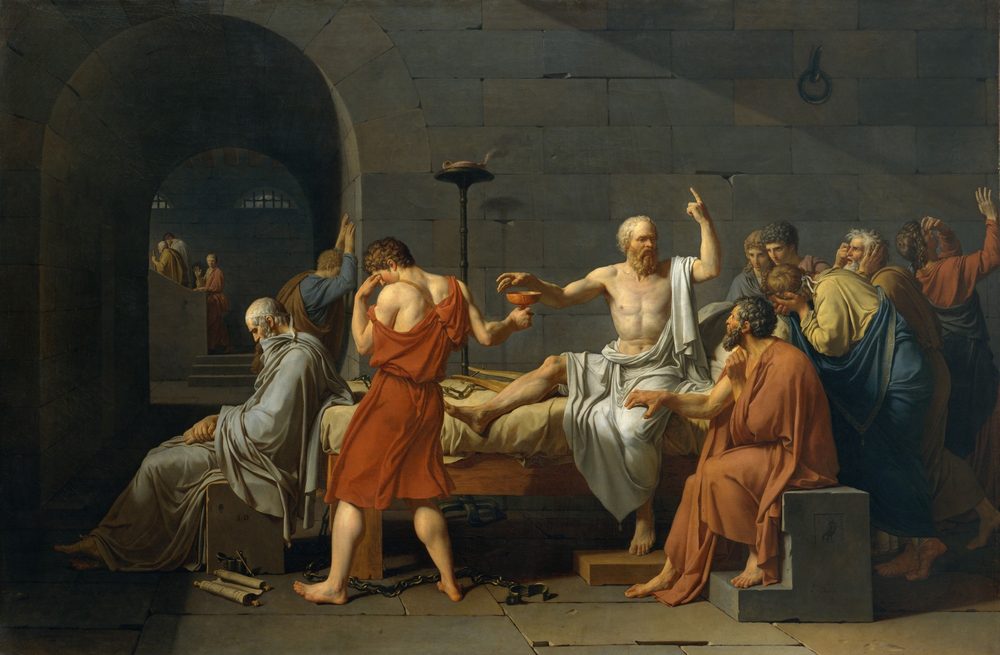
Our age is defined not by conversationalists seeking truth together through meaningful debate and discussion. Rather, it is dominated by slurs, slogans, and political catchphrases.
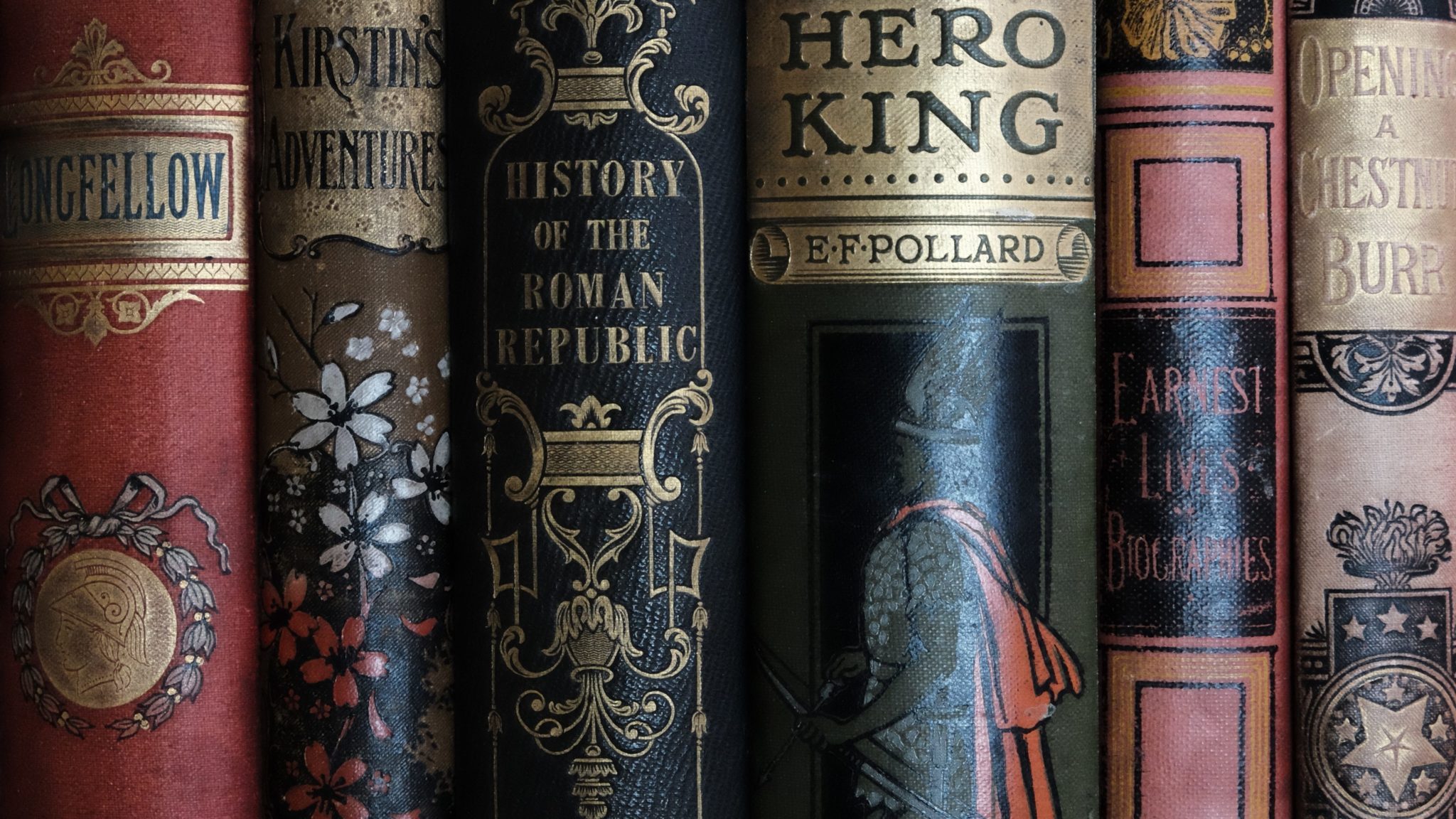
Lewis wants his readers to re-examine our presumptions about everything from modern education and science to ‘the West’ and contraception. Recognizing this can help us understand why the novel has so divided readers.

Whereas much science fiction simply sidesteps the theological questions a Christian would raise on discovering rational life on other planets, C.S. Lewis asks us to wrestle with them.



Norse mythology, unlike the Sacred Scriptures, does not present readers with loving and merciful divinities. The Norse gods are violent boozers, many of whom seem to spend most of their time playing practical jokes and fighting giants. And yet there is a great power to the tales.
To submit a pitch for consideration:
submissions@
For subscription inquiries:
subscriptions@